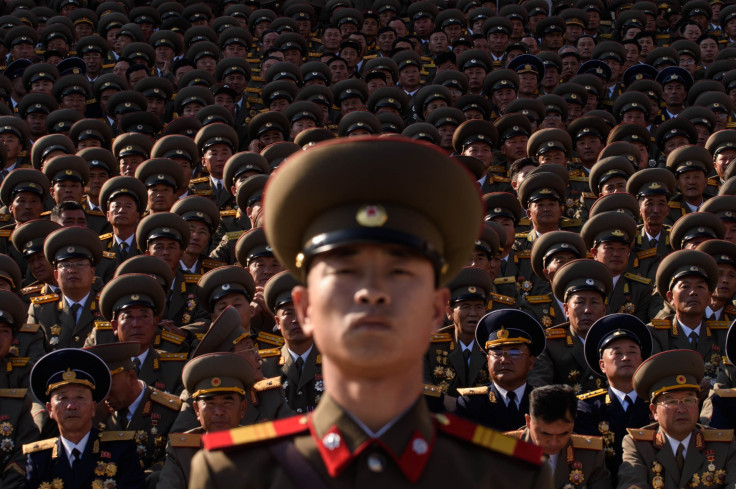North Korea News: Pyongyang Accused Of Jamming GPS Signals, Following UN Sanctions On Nuclear Missiles

North Korea is jamming GPS signals and therefore endangering boats and planes, the South Korean ambassador to the United Nations wrote in a letter to the U.N. Security Council released Monday. Oh Joon’s missive appeared at a time when tensions on the Korean Peninsula, as well as between the U.S. and North Korea, have been heightened over Pyongyang’s reported missile testing.
“The GPS jamming by DPRK [Democratic People’s Republic of Korea, or North Korea] is an act of provocation that poses a threat to the security of the Republic of Korea and undermines the safety of civil transportation, including aircraft and vessels,” Reuters quoted the South Korean ambassador as writing. Oh added, “The government of the Republic of Korea strongly urges DPRK to stop its GPS jamming without further delay.”
GPS jamming centers on the emission of radio signals that can block communication with planes in the air and vessels in the water. The practice can be dangerous, and it is illegal in Canada, most European countries and the U.S. The jamming originated in five North Korean regions — Haeju, Kaesong, Kumgang, Pyongyang and Yonan — according to Oh.
Oh’s petition to the U.N. Security Council came a little more than a month after the international body voted to toughen its sanctions on North Korea over reported testing of ballistic missiles and nuclear weapons. Some diplomats said sanctions would not be enough and that the members of the Security Council would need to take concrete steps to stem nuclear proliferation in North Korea in the wake of its ballistic missile launch and nuclear bomb testing.
“Sanctions are not an end to themselves, and the Security Council cannot fundamentally resolve the nuclear issue on the Korean Peninsula,” China’s ambassador to the U.N., Liu Jieyi, said last month. He added, “Today’s resolution should be a new starting point and a paving stone for the political settlement of the nuclear issue on the Korean Peninsula.”
© Copyright IBTimes 2025. All rights reserved.






















